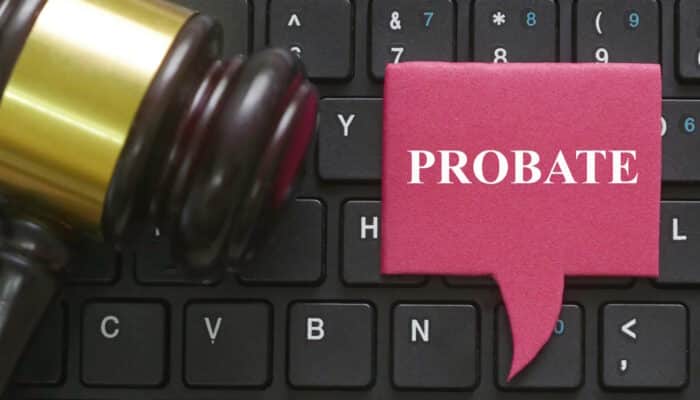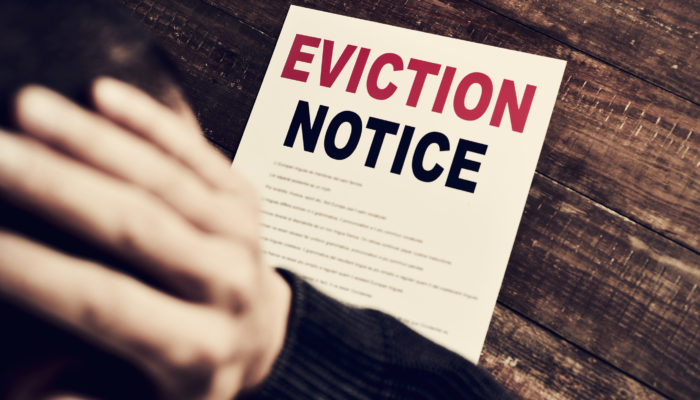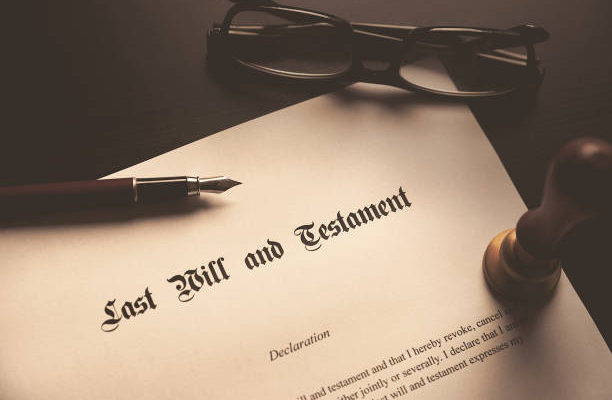A Petition to Determine Homestead in Florida probate serves several essential purposes. While homestead property generally passes to heirs outside of the probate estate, the petition is a crucial legal tool to ensure that the property (i.e., primary residence) receives the full protection and benefits afforded by Florida’s homestead laws. The following is an overview of its main purposes:
1. Confirming Homestead Status
The primary purpose of the petition is to have the court officially declare the decedent’s (i.e., deceased owner’s) property as homestead under Florida law. This designation provides important protection, such as exempting the property from forced sale by creditors (except for specific obligations like mortgages or property taxes). The homestead determination establishes the property’s legal status as exempt and protected for the surviving family members.
2. Changing the Title
Although homestead property passes outside of probate, a formal court order is often required to update public records and clarify the ownership rights of the heirs. The court’s order from the petition confirms the homestead status and transfers legal title directly to the heirs. The foregoing helps eliminate any ambiguity regarding the rightful owners of the property and ensures that title companies, lenders, or future buyers recognize the heirs’ clear ownership.
3. Releasing the Personal Representative
Once the court determines that the property qualifies as homestead, the Personal Representative (a.k.a., Executor) of the estate is relieved of any duties or responsibilities related to the subject property. Since homestead property does not typically fall within the probate estate, the Personal Representative no longer needs to manage, maintain, or sell the property.
Key Legal Implications:
- Exemption from Creditors: Homestead property is protected from the decedent’s creditors, ensuring that the family home is not sold to satisfy debts. The exceptions are certain obligations like mortgages, property taxes, or federal tax liens.
- Family Protection: Florida homestead laws provide special protection to surviving spouses and minor children, ensuring that the family home is safeguarded from creditors and passed to the appropriate heirs without being sold off to satisfy debts.
Case Example:
In the case of In re Estate of Hamel, the court found that the homestead rights of the heirs vested before the property was sold. As a result, the proceeds from the sale of the homestead property were protected from creditor claims. This case underscores the importance of filing a Petition to Determine Homestead to protect both the property and its proceeds from creditors.
Ultimately, the petition ensures that the homestead property is transferred correctly, protected from creditor claims, and passed to heirs in accordance with Florida law. It also provides legal certainty and clarity to all parties involved.
The foregoing is a brief and general overview of the topic.
If you have any additional questions regarding the foregoing or have any legal issue or concern, please contact the law firm of CASERTA & SPIRITI in Miami Lakes, Florida.










